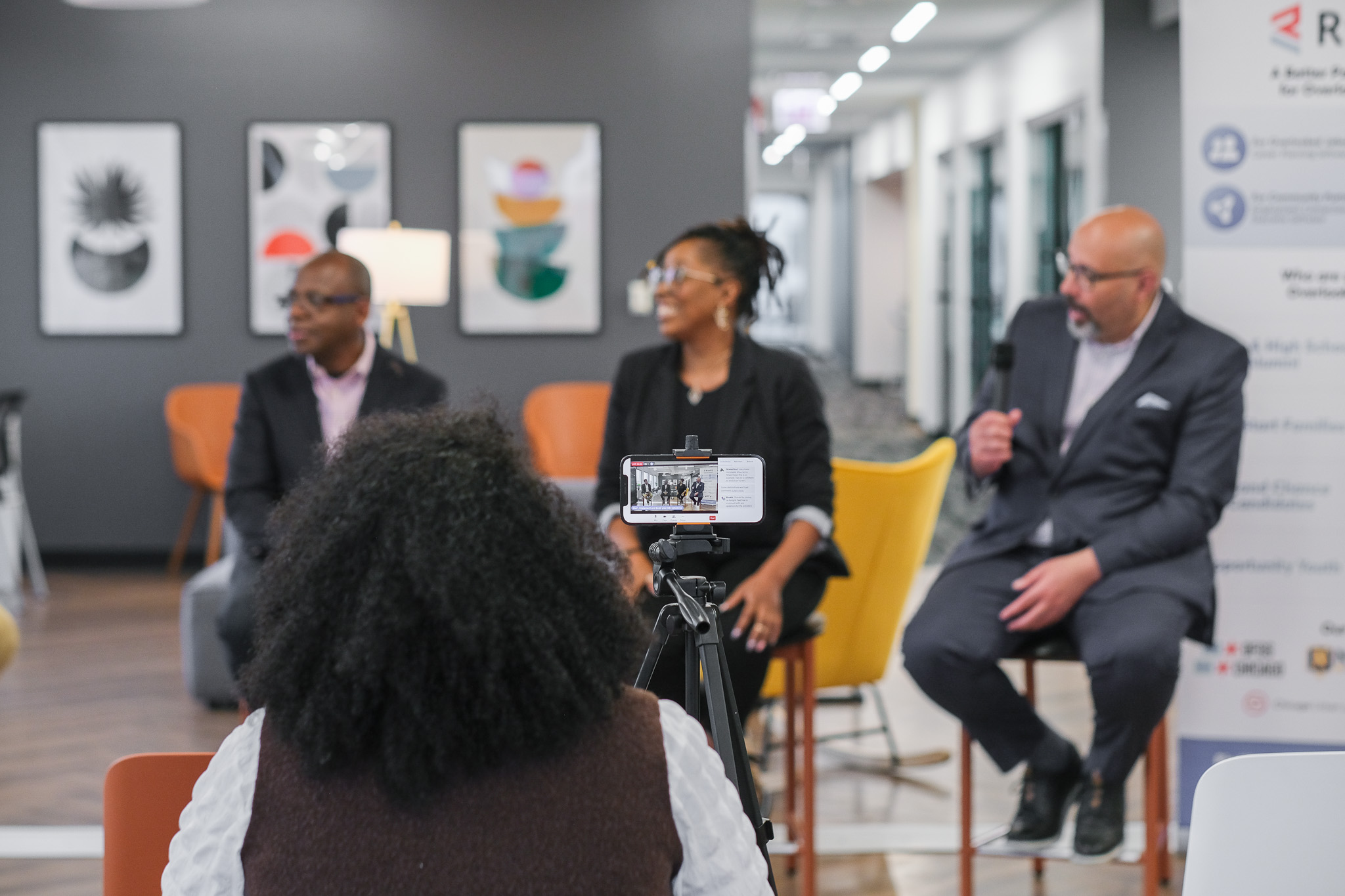Honoring Black History in Workforce Development: Pioneering a Path to Economic Opportunity
Published:
This Black History Month, we celebrate the visionary Black leaders who laid the foundation for modern workforce development. These pioneers understood that economic opportunity requires more than just individual skill-building; it demands creating sustainable pathways for entire communities. Their legacies continue to shape how we approach career development and professional growth today.
The Early Architects of Workforce Development
Dr. Mary McLeod Bethune: Building Bridges Between Education and Employment
Dr. Mary McLeod Bethune, founder of the Daytona Educational and Industrial Training School for Negro Girls (which later became Bethune-Cookman College), was a champion of practical skills and community engagement. She understood the importance of connecting education with employment opportunities, and her strategies continue to resonate today:
- Cultivating Employer Relationships: Bethune fostered connections with local employers, showcasing her students' skills and work ethic to create pathways to employment.
- Developing a Comprehensive Curriculum: She integrated practical skills training with academic subjects, preparing students for a variety of careers.
- Leveraging Political Influence: Bethune used her political connections to secure funding for public works projects and educational initiatives that benefited Black communities.
- Creating Work-Study Programs: She implemented programs that provided financial aid and work experience for Black college students.
- Establishing Vocational Training Centers: These centers offered extended training in new trades and skills, particularly for rural students.
Annie Malone: Empowering Black Women Through Entrepreneurship
Annie Malone, founder of Poro College in 1918, revolutionized vocational training for Black women. Poro College offered a comprehensive curriculum that combined technical cosmetology training with business education, empowering graduates to establish their own businesses.
Poro College's innovative approach included:
- Technical cosmetology training: Focused on Black hair and skincare.
- Business education: Equipping graduates with the knowledge to launch and manage their own enterprises.
- Professional development: Instruction on poise, appearance, and professional conduct.
This holistic approach set a new standard for vocational education by equipping students with both technical expertise and professional skills for successful careers in technology and other fields.
Technology and Innovation in Workforce Development
Dorothy Vaughan: A Pioneer of Technical Upskilling
Dorothy Vaughan, a mathematician and "human computer" at NASA, exemplified the importance of continuous learning and adaptation in the face of technological advancements. When NASA introduced its first IBM mainframe computer, Vaughan proactively learned the programming language FORTRAN and taught it to her team, ensuring their continued relevance and contribution to the space program.
Vaughan's impact extended far beyond NASA:
- Empowering a Workforce: She created a valuable team of African-American women programmers who made significant contributions to the space program.
- Pioneering Upskilling: Her efforts laid the groundwork for modern coding bootcamps and technical training programs.
- Championing Continuous Learning: She set a precedent for workplace upskilling and peer education, recognizing the importance of adapting to new technologies.
Garrett Morgan: From Inventor to Education Advocate
Garrett Morgan, a prolific inventor and entrepreneur, understood the power of technical education and economic empowerment. His journey from limited formal education to successful inventor inspired the U.S. Department of Transportation to launch the Garrett A. Morgan Technology and Transportation Education Program (GAMTTEP). This initiative supports STEM education and exposes students to transportation careers.
The Evolution Continues: Modern Implementations
The legacies of these pioneers continue to inspire and inform modern workforce development initiatives. Organizations like the Chicago Urban League, founded in 1916, have evolved their approaches to meet contemporary needs, leveraging technology and partnerships to create more effective and accessible pathways to economic opportunity.
See how Chicago Urban League and RiseKit are working together to support Chicagoland residents:
Looking Forward: Building on a Legacy of Innovation
The principles established by these Black pioneers remain highly relevant today:
- Combining skill development with practical application
- Building strong employer partnerships
- Creating comprehensive support systems
- Emphasizing both technical and professional skills
- Focusing on community empowerment
Today's workforce development organizations are building on this foundation, utilizing technology platforms and data-driven approaches to create more efficient and accessible pathways to economic opportunity.
If you're hopeful to build on this legacy as we are, let's talk about how we can advance economic mobility in your community.
-2.png)



